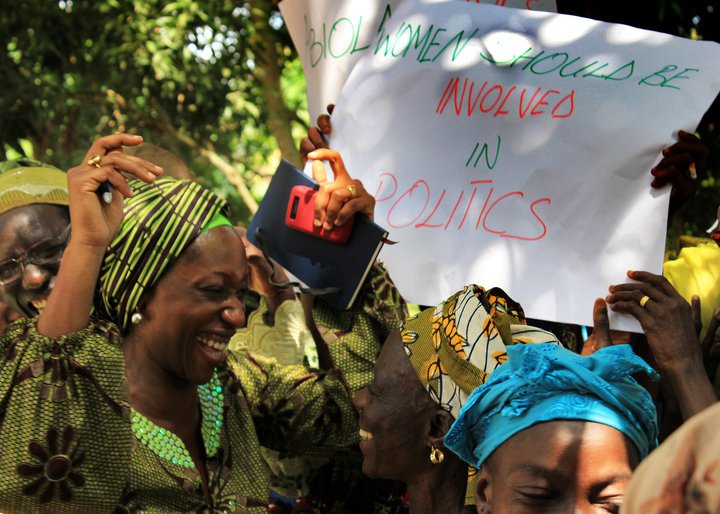“Gender empowerment and the economy”
May 6th, 2016 Abdur Rafay Usmani, 21, a Correspondent from Karachi in Pakistan, argues that gender empowerment will not only allow the marginalised to overcome their sense of powerlessness, but will also have a profound impact on a nation’s economy.
Abdur Rafay Usmani, 21, a Correspondent from Karachi in Pakistan, argues that gender empowerment will not only allow the marginalised to overcome their sense of powerlessness, but will also have a profound impact on a nation’s economy.
There is a widespread misconception that gender and sex are two interchangeable terms. Sex refers to the biological characteristics of an individual, whereas gender is an expression of an identity or orientation. Therefore one’s gender can extend beyond the traditional categories of men and women.
In many countries, due to social discrimination, cultural biases or legal restrictions, women and members of the LGBTQ community are denied rights to an equal share of resources and excluded from the decision-making processes.
However, states that restrict opportunities to certain genders are at severe disadvantage, as the restrictions prevent them from fully utilising their human resources. They are at risk of being left behind in international spheres by nations who are more efficient in bringing people into the workforce.
If everyone, regardless of gender, is able to participate in the workforce there can be greater economic growth due to a greater percentage of the population employed, and consequently a greater spendable income among consumers.
It has been observed that greater gender diversity in councils, groups, and businesses increases efficiency. If implemented on a nationwide scale, such approaches can lead to an increase the economic output of a nation.
In traditional societies, men take the role of the bread earners in the family and women are encouraged to stay at home and tend to the family. This leaves families dependent on the adult male members and highly susceptible to poverty in case of their demise or departure; a likely case in times of war, economic hardship or other extreme adversities.
Since women represent the majority of world’s poor, gender empowerment is crucial for helping reduce global poverty by making women less fiscally reliant and allowing them to realize their own capacities to sustain themselves. Furthermore, gender empowerment would also mean that mothers would also be able to contribute financially to the family and reduce the burden on the husbands. With their being a greater expendable income as a result, more could be invested in the education and upbringing of their children.
The above case and the removal of social barriers restricting the LGBTQ communities in economic spheres can lead to an expansion in the middle class of a country, and this in turn can create a bigger domestic consumer base which will help drive growth.
Talent does not discriminate; it can come from anywhere in any gender. With all genders free of restriction, free to pursue their passion, we can see greater innovation which is vital for businesses today. The next Bill Gates or Steve Jobs could well be young woman from a remote village in Pakistan realizing her potential by being empowered.
In the Commonwealth of Nations, the last 50 years has seen a tremendous change in the status quo. We are seeing women enter fields traditionally dominated by men, such as the military and government. The LGBTQ community of today is gaining greater acceptance within the society and faces less restriction to employment. Even still, there is a lot more needed to be done before true gender equality can be achieved.
Gender empowerment remains an important step for any country if it is to overcome hurdles to development and eradication of poverty. Complete gender empowerment can only come if disadvantaged genders themselves start taking initiative for their own betterment, as they themselves best understand their situation and needs.
photo credit: Celebrating women’s empowerment at a 16 October women’s empowerment rally in Nigeria via photopin (license)
………………………………………………………………………………………………………………………………………
About me: I am an editor at ARY Digital and also serve as a a regional administrator of the Masterpeace, a grassroots organisation established in over 45 countries.
My interests include debating, writing and online activism. I aspire to join the UN after my graduation and one day serve as its Secretary General. Currently I am pursuing a degree in International Relations and Political Science from University of London.
………………………………………………………………………………………………………………………………………
Opinions expressed in this article are those of the author and do not necessarily represent the views of the Commonwealth Youth Programme. Articles are published in a spirit of dialogue, respect and understanding. If you disagree, why not submit a response?
To learn more about becoming a Commonwealth Correspondent please visit: http://www.yourcommonwealth.org/submit-articles/
…………………………………………………………………………………………………………………………………………




